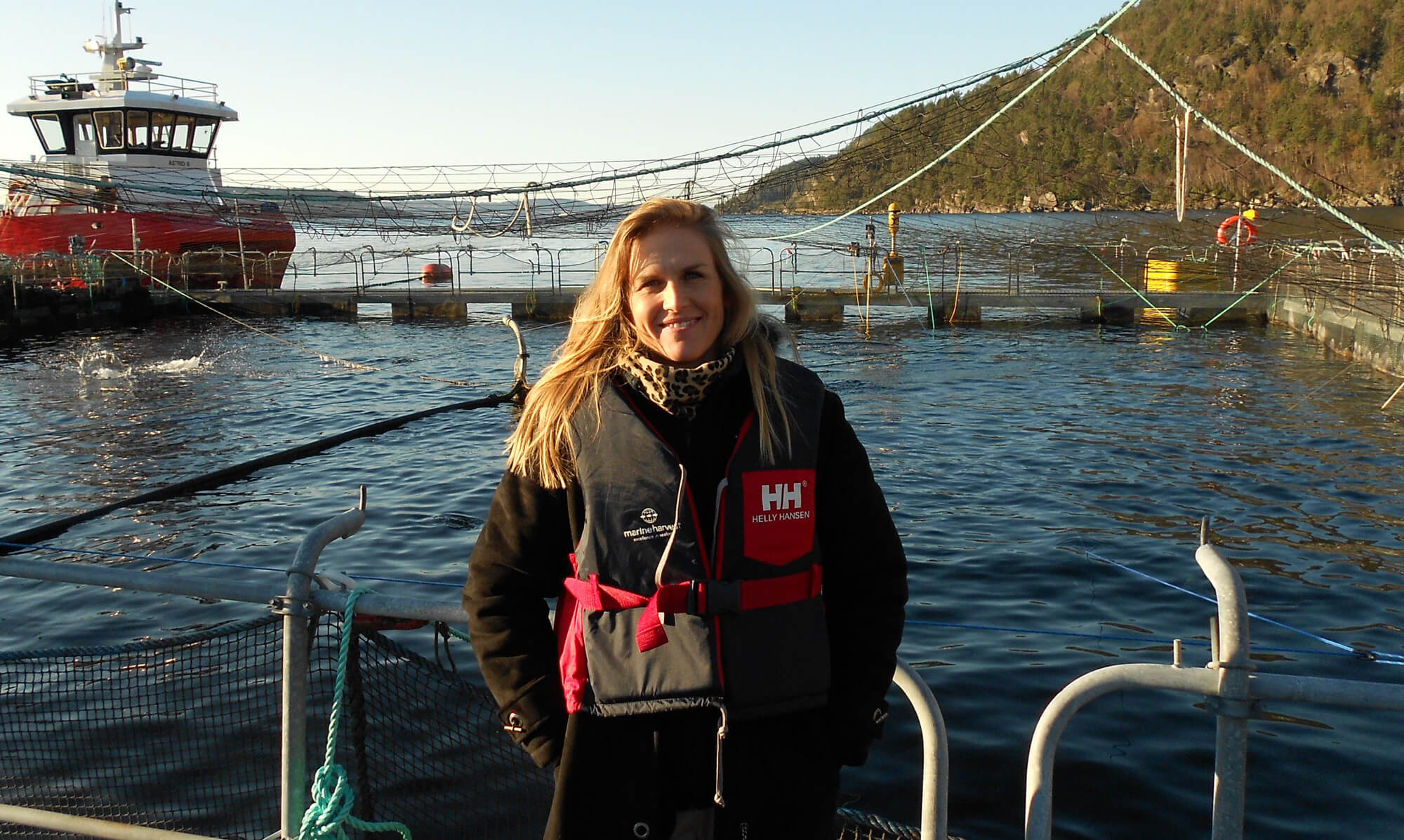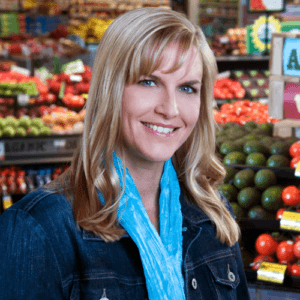
Educating the Educator: The Impact of Dietitian Farm Tours
March 2, 2019
Dietitian “Influencers,” including Registered Dietitians (RD) that work for supermarket chains are often the recipients of invitations to learn about how the food we eat travels from the farm to the consumers plate. I’ve been lucky enough to travel the globe and throughout the United States, visiting farms, processing plants and corporate test kitchens on behalf of food companies, commodity boards, growers & producers to observe and learn all about the behind-the-scenes workings of our complex and amazing food supply.
I’ll admit, these invitations are one of the things that I absolutely love about my job – the opportunity for a traveling adventure for an immersive learning experience that ALSO includes eating? Sign me up! Truth-be-told, it is attending these sponsored travel food adventures where I have learned the most about the food we eat. Seeing with my own eyes and speaking face-to-face with farmers, scientists, chefs and hearing their answers to tough questions about farming practices, food processing and other issues is extremely valuable in my role as a food and nutrition expert and educator. An invitation to attend a sponsored food industry event feels like winning the lottery!
An invitation to visit Norway on behalf of the Norwegian Seafood Export Council (NSEC) is a good example of a trip that spawned a deep dive into a better understanding of aquaculture and a passion for promoting the nutritional benefits of seafood. In addition to myself, several other RDs with varying influential roles (blogger, media, magazine editor, PR agency), were invited on an all-expenses-paid (sponsored) trip to Scandinavia to learn about farm-raised salmon. There was no explicit obligations for attending the trip, yet I’ll admit that I had a bias about farmed fish and was curious to learn more.
The 5-day immersion experience included:
- A cultural immersion that involved visiting 3 cities in Norway;
- Consuming a traditional Nordic diet and visiting the country’s Culinary Institute;
- A chilly sea rafting excursion into an iconic Norwegian fjord to view a salmon farm;
- Visiting a fish hatchery and witnessing a salmon processing facility;
- Learning all about the salmon lifecycle and nutritional habits from scientists employed by one of the largest worldwide producers of salmon and government-run marine research center;
The trip gave me a one-of-a-kind, front-row seat to advance my learning about fish farming practices. Among the well-educated and informed RD professionals on the trip, all of us had knowledge gaps. In addition to learning from experts and learning direct from the source, we also learned from each other. Since then, I’ve helped organize another trip for dietitians to learn about seafood farming in Chile and I’ve written several articles dispelling common myths about farm-raised seafood.
I know what you’re probably thinking, that this red-carpet treatment is intended to buy good will and skew opinions about a particular brand or food product. Ellie Krieger, an RD and Food Network personality, recently hinted at something close in an article (November 21, 2018) that she wrote in the Washington Post. Hang with me, though, because I’d like to give you an alternative viewpoint.
Speaking from my niche, RD’s have the in-depth scientific background needed to grapple with issues of nutrition and public health. Their didactic training means that they can grasp research findings and then translate them into clear, actionable strategies. In short, they can sort nutritional fact from nutritional fiction and convey that to the public.
Supermarket RDs, in particular, are positioned to meet a wide range of consumers, and their influence can be large scale. Between in-store promotions, weekly circulars, websites and social media, even a single market RD can reach millions of consumers. When a market RD is clear on the nutritional and environmental profile of a product or commodity, she can spread the facts widely and well.
So back to Ellie Krieger’s article, which I loved because it was spot-on about the many contributions retail RDs make to customer health and wellbeing. Here’s where we disagree. She says:
“…it is worth keeping in mind that their [retail RDs’] services come with an inherent bias. It’s unlikely they would advise you to buy from a competing seller or farmers market even if that were in your best interest, for example. Also, stores often form partnerships with commodity boards and food manufacturers that could sway the information provided.”
RDs are trained to promote the public health and they adhere to a strict code of ethics. We are first and foremost advocates for customer health, and that is part of the reason we have the public’s trust. No RD I know — myself included — would recommend a product, diet or approach that we didn’t believe supported the health of our clients.
And this is the main point I want to address. Brands and commodity boards that invite in RDs and other influencers tend to be forward-thinking, transparent, and eager to show the world exactly how they’re working for the wellbeing of consumers and the environment. I’ve been on many of these tours — from exploring Japan’s probiotics industry to witnessing the birth of baby carrots. In each and every case, there has been no compulsion, no ask, no tit-for-tat agreement. And yet, I did come away with a deeper understanding of the industry and a greater confidence in discussing and even recommending products to consumers.
Here’s one quick example: Salmon is pink, right? By now, “in the know” shoppers are trained to go straight to the counter to find the deepest orange shade of wild salmon. That pink color comes from the krill they eat. Did you know that if krill (a natural food source of salmon) are included in the diet of farmed salmon, the label on that package must say that it has colorant added? This is one of those details I might not have known had I not gotten into the nitty gritty of the salmon farming industry. So, yes, it’s in the industry’s best interest to create opportunities for RDs to understand their practices so they are clear on issues like farmed fish labeling. But, no, the RD has not been “bought” and he may recommend wild or farmed salmon on any given day depending on range of variables that include individual consumers’ needs.
Every industry immersion experience is different. The mission of the Norwegian Seafood Export Council was one increasingly adopted by many major food producers and industries: to educate the educators. Widespread nutritional misconceptions and fears are often unfounded and hard to crack. Responsible producers can wake one morning to find social media has declared them as public enemy #1 based on the opinions of unschooled nutritional “experts.”
There are many great ways to educate the educators. Let’s talk about what’s right for your brand.


Changemaker Barbara Ruhs, MS, RDN, is transforming public health by re-envisioning the way food is understood and promoted. A seasoned supermarket dietitian and former Harvard nutritionist, Barb leads the way by offering innovative retail solutions that forge connections between food marketers, market RDs and consumers hungry for truth.
READ RELATED POST
See what is in store for the future of healthy
Get retail strategy inspirations and food marketing insights in your inbox.
